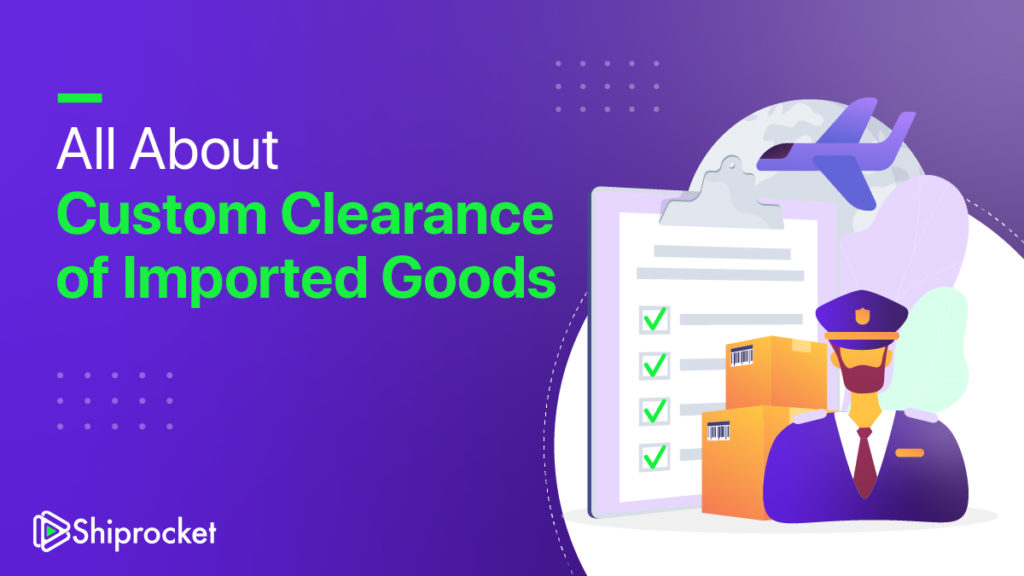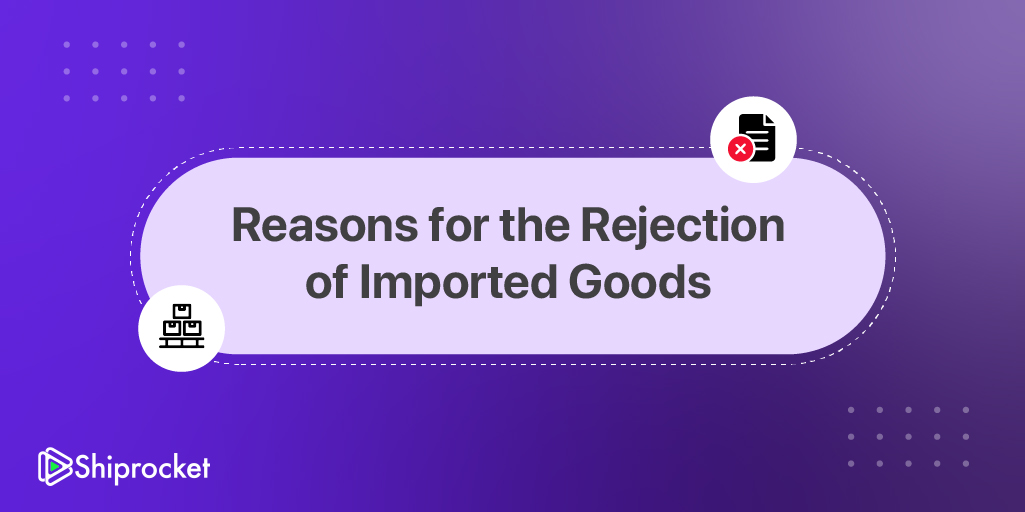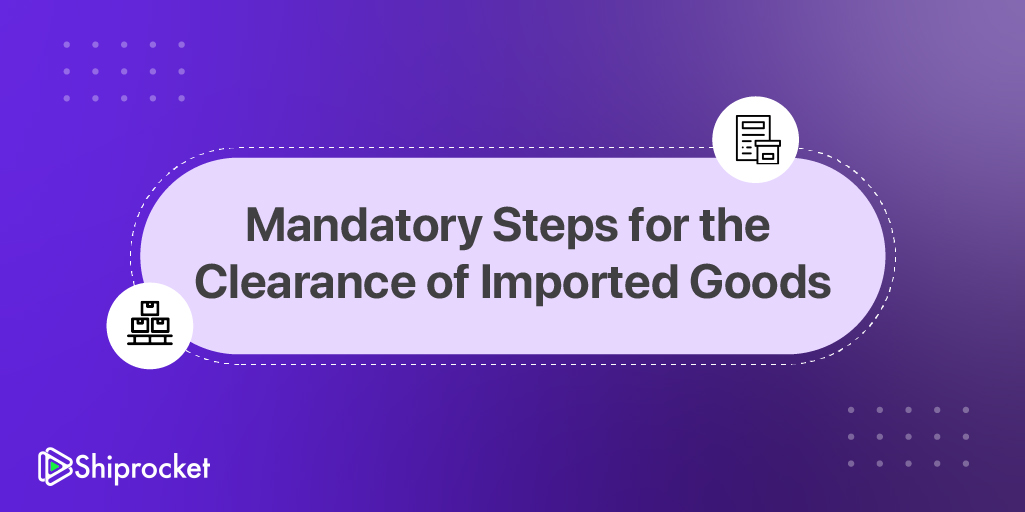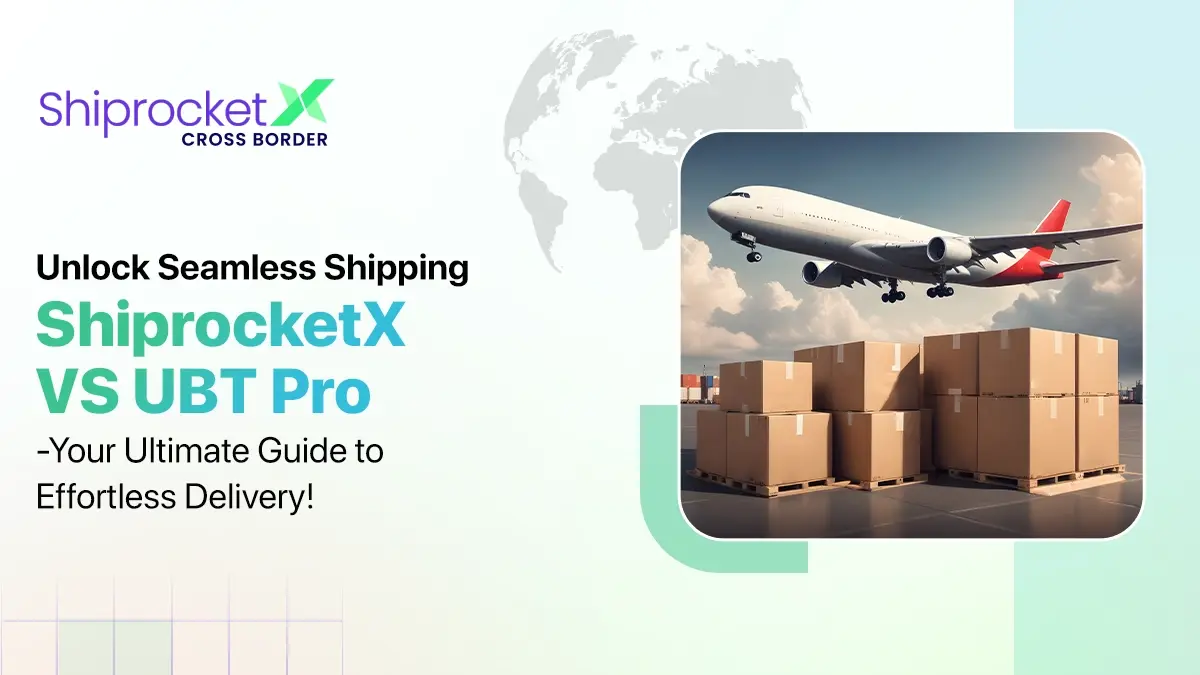All About Customs Clearance of Imported Goods
Importing goods to foreign countries is not an easy task. It requires a lot of documentation than simply ordering and waiting for the delivery to arrive at your home. You can make it easy planning out and taking the help of experts to make it easier for you. International trade is indeed profitable but it needs some effort and cost. Here are some tips for customs clearance on imported goods.

All goods imported into India have to pass through the procedure of customs for proper examination and evaluation. The customs authorities charge the proper tax and also check the goods against illegal import. Also, no import is allowed in India if the importer doesn’t have the IEC number issued by the DFGT. No requirement to have an IEC number if the goods are imported for personal use
How Long Does Customs Clearance take in India
The customs clearance of imported goods can take a few hours to many days depending on conditions. Once the entry of your order is made by your broker, it usually takes around 10-14 days for clearance. When the customs department receives your entry, it is now up to the customs officer to examine the entry and both allow or reject the shipment. This procedure can also take a week or months depending on the availability of customs staff at the port.
There can be a chance that a shipment may be taken for inspection. If imported goods are inspected, they can be placed in a warehouse or can go for an examination by customs officers to their office. The customs officers attend multiple shipments throughout the day and prepare their reports based on the examination. This method can take up to a day or two days during long traffic periods.
Reasons for the Rejection of Imported Goods

The reason for temporary rejection is due to wrong data that does not meet up with the shipment’s paperwork. In such a case, customs authorities will inform the middlemen or broker to correct the entry. The reasons for permanent shipment rejection are misdeclaration of shipment, undervaluing your imported goods, and importing goods that are not permissible in a country due to several health and safety reasons.
If any of this is the case for rejection, a shipper will have to get the goods shipped back to the supplier. Otherwise, all the goods will be destroyed by the customs officials.
GST & IGST on Import Shipments
The GST Registration is an important part of the customs clearance procedure in India. Under the latest GST norms, several types of duties and taxes are levied on the Basic Customs duty.
Importers are also charged with Countervailing Duty (CVD) and Special Additional Duty of Customs (SAD), followed by the Integrated Goods and Services Tax (IGST). The Central Board of Excise and Customs, IGST, and GST Compensation Cess would be imposed on all imported cargoes that come into India.
Mandatory Steps for the Clearance of Imported Goods

- All importers in the country are required to file the bill of entry as prescribed by regulations.
- Importers have to obtain an Importer-Export Code (IEC) number before filing a bill of entry from the Director-General of Foreign Trade.
- The importer can submit their documents via electronic format containing all the relevant information.
- After verification of the data, the service center operator generates a bill of entry number.
- The importers are now required to sign the final document before customs clearance.
- The bill of the entry submitted by importers will be forwarded to the custom-house for assessment of payment of duty, etc.
Important Terms Related to Customs Clearance
What is a Bill of Entry?
A Bill of Entry is also called the Shipment Bill or legal document that defines the value of goods to be imported or exported and presented to a customs office. The importer has to submit a bill of entry to the customs office for making bank remittances.
When the goods are cleared through the EDI system, no formal Bill of Entry is filed as it is generated in the computer system. But importer is required to file a cargo declaration form for processing of the entry for customs clearance. The following documents are required to file a bill of entry:
- Signed invoice
- Packing list
- Bill of Lading or Delivery Order
- Airway Bill Number
- GATT declaration form duly filled in
- Importers/ CHA’s declaration
- License wherever necessary
- Letter of Credit/Bank Draft/wherever necessary
- Insurance document
- Import license
- Industrial License, if required
- Test report in case of chemicals
- Adhoc exemption order
- DEEC Book/DEPB in original
- Catalog, Technical write up, Literature in case of machinery, spares, or chemicals as may be applicable
- Separately split up the value of spares, components
- Certificate of Origin, if the preferential rate of duty is claimed
- No Commission declaration
EDI Assessment
The next step after submitting the bill of entry is the EDI assessment. In this process, all the calculations are done electronically to provide sufficient information for the calculation of import duty.
Bill of Entry Modification
After getting all the required documents, the customs officer will now check for any alteration that is required. This is done after taking permission from the Deputy/ Assistant Commissioner of India.
Green Channel Facility
The Green Channel Facility is provided to some importers and exporters. The purpose of this facility is to ensure that there be no such need for routine examination for the checking of goods.
Payment of the Duty
This is an important step to follow for all the importers and the exporters. They have to pay the duty through TR-6 challans on numerous bank branches.
Prior Entry for Shipping Bill
The shipping bill can be filed before the arrival of the goods in India. It can be done if the goods have arrived 30 days before the actual date of presentation of the shipping bill.
Specialized Bonds
Imported goods need to execute under the schemes such as DEEC and EOU for the customs clearance procedure. The payment amount of the bond will be equal to the amount of customs duty on the imported goods.
Bill of Entry for Warehousing
For the procedure of warehousing of the imported goods, importers have to pay for this bill in an exact manner as the normal bill of entry.
Delivery of Goods
The delivery of imported goods can easily be done once the whole process of the bill of entry is done in a legalized manner.
Conclusion
The customs clearance procedure is an important task to be done by every importer and exporter in India. Before this process takes place between the countries. The importer and exporter of goods need to make sure that they have all the necessary documents that will be required to be assessed during the time of bill of entry.








